-
Federal Court Issues Another Big Win To Grossman’s Client in Fight to Recover Basquiat Masterpiece
02/12/2026
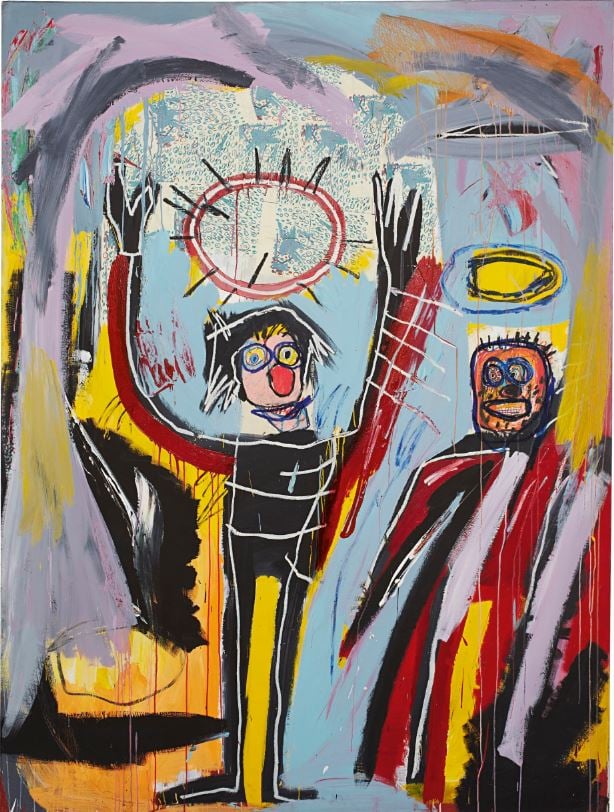 In late 2024, we celebrated a major win in a complex, multilateral dispute over a Basquiat masterwork at the heart of the fraudulent schemes orchestrated by convicted art dealer Inigo Philbrick. Just this week, the Court sided again with our client, agreeing with our arguments that Athena failed to clearly raise its alternative theories earlier in the case, and therefore it lost its chance to pursue them at such a late stage of the dispute.
In late 2024, we celebrated a major win in a complex, multilateral dispute over a Basquiat masterwork at the heart of the fraudulent schemes orchestrated by convicted art dealer Inigo Philbrick. Just this week, the Court sided again with our client, agreeing with our arguments that Athena failed to clearly raise its alternative theories earlier in the case, and therefore it lost its chance to pursue them at such a late stage of the dispute.
-
2025 Year in Review
01/14/2026
.png) 2025 was another outstanding year for the Firm, as we delivered key wins in a range of complex litigation; achieved successful results in transactional matters totaling more than $1 billion, including a single $100 million private art sale; shared our expertise through a variety of speaking engagements; and marked an exciting milestone with our move to the historic Fuller Building.
2025 was another outstanding year for the Firm, as we delivered key wins in a range of complex litigation; achieved successful results in transactional matters totaling more than $1 billion, including a single $100 million private art sale; shared our expertise through a variety of speaking engagements; and marked an exciting milestone with our move to the historic Fuller Building.
-
The Appraisers Association of America's National Convention Hosts Judd Grossman as a Panelist
11/06/2025
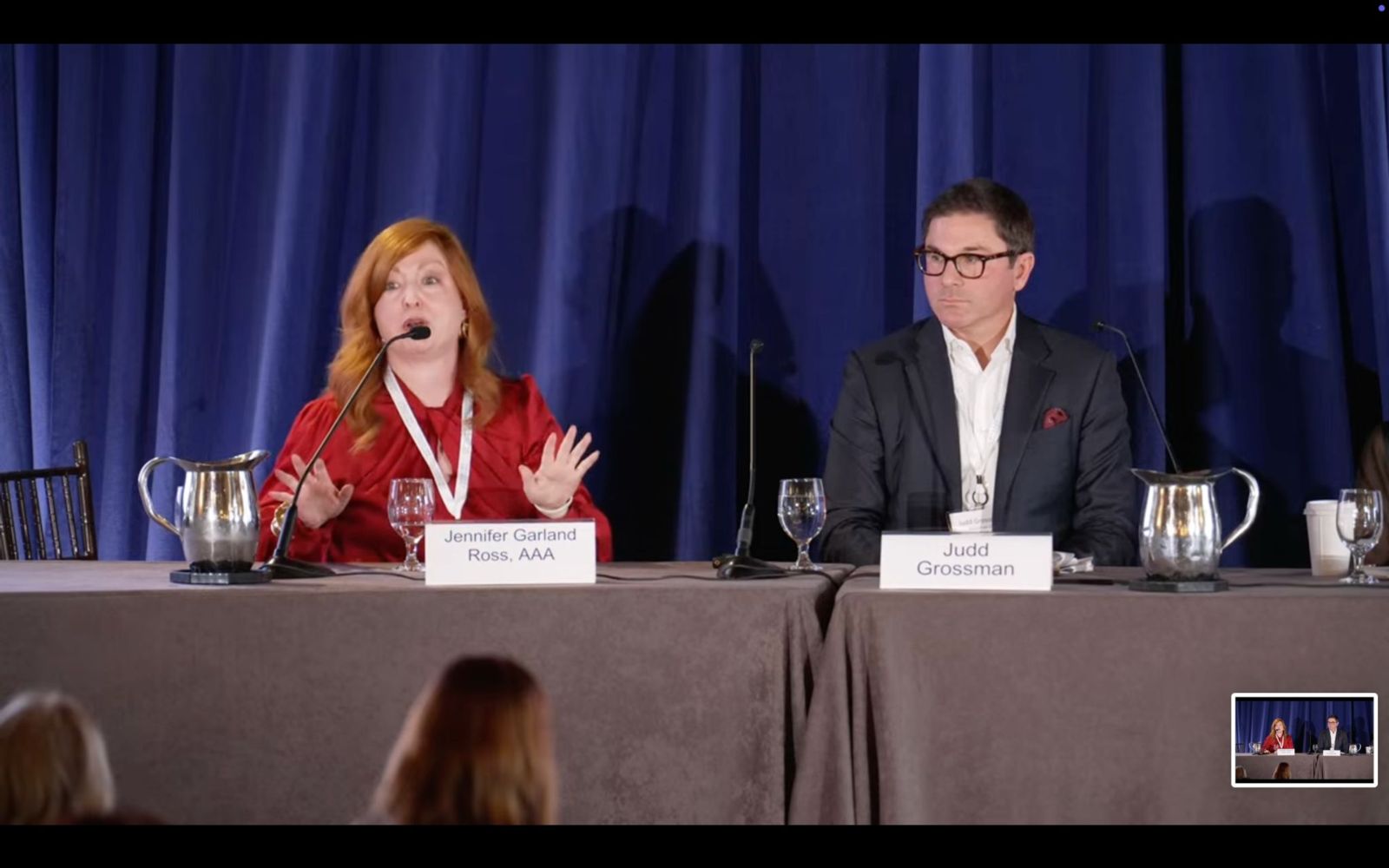 This week, Judd Grossman spoke as a panelist at the Appraisers Association of America's National Convention at the New York Athletic Club. Alongside co-presenters Cynthia D. Herbert and Jennifer Garland Ross, Judd discussed authentication and due diligence, highlighting case studies that showcase the role of appraisal work in art-related litigation.
This week, Judd Grossman spoke as a panelist at the Appraisers Association of America's National Convention at the New York Athletic Club. Alongside co-presenters Cynthia D. Herbert and Jennifer Garland Ross, Judd discussed authentication and due diligence, highlighting case studies that showcase the role of appraisal work in art-related litigation.
-
Judd Grossman's Segment with The Baer Faxt Podcast Featured in NO RESERVE
11/04/2025
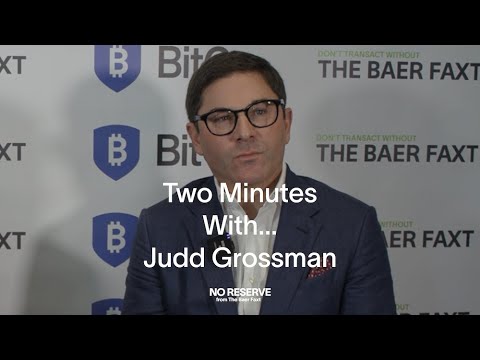 Last week’s Issue #8 of NO RESERVE highlighted a segment from Judd Grossman’s interview with Josh Baer from Art Basel Miami 2024, where he shared his insights on the art market’s major players and shifting trends. The full conversation is available here.
Last week’s Issue #8 of NO RESERVE highlighted a segment from Judd Grossman’s interview with Josh Baer from Art Basel Miami 2024, where he shared his insights on the art market’s major players and shifting trends. The full conversation is available here.
-
Unraveling the Inigo Philbrick Scandal: Judd Grossman Featured on The Art Angle
10/15/2025
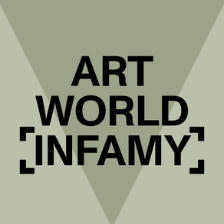 In the latest installment of Art World Infamy—a special investigative series from The Art Angle—Judd Grossman joined Artnet’s Eileen Kinsella to revisit the story of Inigo Philbrick’s massive fraud and its impact on the art market.
In the latest installment of Art World Infamy—a special investigative series from The Art Angle—Judd Grossman joined Artnet’s Eileen Kinsella to revisit the story of Inigo Philbrick’s massive fraud and its impact on the art market.
-
Senate Proposes Art Market Integrity Act
08/04/2025
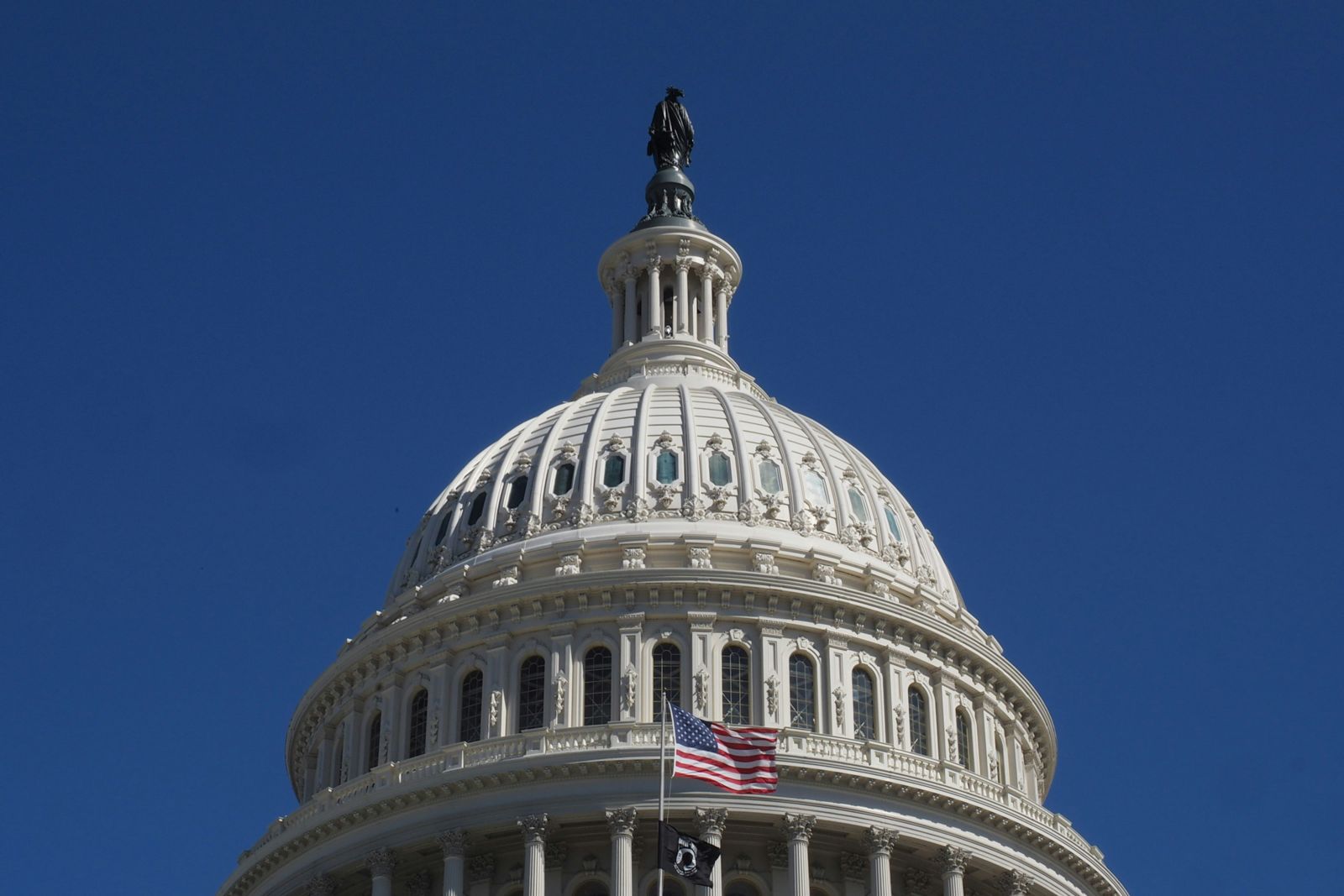 Recently introduced in the Senate, the Art Market Integrity Act seeks to enhance transparency in the art market by subjecting high-value and international transactions to anti-money laundering (AML) and counter-terrorism financing (CTF) regulations.
Recently introduced in the Senate, the Art Market Integrity Act seeks to enhance transparency in the art market by subjecting high-value and international transactions to anti-money laundering (AML) and counter-terrorism financing (CTF) regulations.
-
Grossman LLP Obtains Fraud Judgment Against Hedge-Fund Manager Philip Falcone
07/28/2025
 On Friday, the firm earned a decisive win in a long-running dispute against “former hedge-fund star” Philip Falcone, obtaining a fraud judgment in connection with a series of loans that Falcone took from our client—secured by his wife’s 20-carat Harry Winston diamond ring, as well as artworks by Picasso, Hirst, and Prince.
On Friday, the firm earned a decisive win in a long-running dispute against “former hedge-fund star” Philip Falcone, obtaining a fraud judgment in connection with a series of loans that Falcone took from our client—secured by his wife’s 20-carat Harry Winston diamond ring, as well as artworks by Picasso, Hirst, and Prince.
-
Grossman LLP Secures Federal Decision Recommending Issuance of Bench Warrant for the Arrest of Art Dealer Gone Rogue
07/24/2025
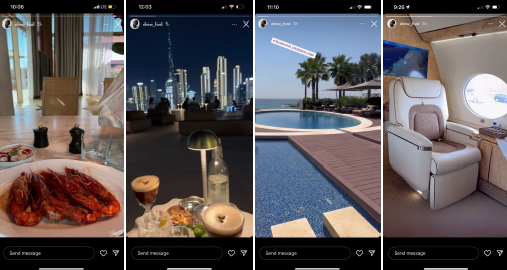 The Firm achieved a significant milestone this week after a federal Judge found that it would be appropriate to hold in contempt art dealer Andrew Foster, and issue a bench warrant for his arrest, after he “thumbed his nose” at the Court for completely failing to participate in post-judgment discovery—all the while, flaunting luxury travel, private flights, and fine dining on his social-media accounts.
The Firm achieved a significant milestone this week after a federal Judge found that it would be appropriate to hold in contempt art dealer Andrew Foster, and issue a bench warrant for his arrest, after he “thumbed his nose” at the Court for completely failing to participate in post-judgment discovery—all the while, flaunting luxury travel, private flights, and fine dining on his social-media accounts.
-
Grossman LLP Defeats Lender’s Effort To Dismiss Lawsuit Over Christopher Wool Artwork
06/03/2025
 This week, the Grossman team obtained an important victory in yet another case arising out of the fraudulent schemes of disgraced art dealer Inigo Philbrick. Our clients in this litigation were part of a group who, at Philbrick’s behest, co-invested in a Christopher Wool artwork.
This week, the Grossman team obtained an important victory in yet another case arising out of the fraudulent schemes of disgraced art dealer Inigo Philbrick. Our clients in this litigation were part of a group who, at Philbrick’s behest, co-invested in a Christopher Wool artwork. -
In Multilateral Dispute Over Basquiat Masterpiece, Federal Judge Confirms Major Grossman LLP Victory
05/30/2025
 This past fall, we proudly announced a major victory for our client in a complex dispute over an important Basquiat painting at the center of the fraudulent schemes of disgraced art dealer Inigo Philbrick. Now, after nearly six years of litigation, we are pleased to report that yesterday, a federal judge upheld the earlier ruling in its entirety.
This past fall, we proudly announced a major victory for our client in a complex dispute over an important Basquiat painting at the center of the fraudulent schemes of disgraced art dealer Inigo Philbrick. Now, after nearly six years of litigation, we are pleased to report that yesterday, a federal judge upheld the earlier ruling in its entirety.
-
How U.S. Tariffs and Global Trade Wars Are Reshaping the Art Market
03/18/2025
 President Trump’s recent trade tariffs on Canada, Mexico, and China have led to major disruptions in the global art market, increasing costs and uncertainty in international art transactions.
President Trump’s recent trade tariffs on Canada, Mexico, and China have led to major disruptions in the global art market, increasing costs and uncertainty in international art transactions.
-
The Garage Sale Van Gogh?: Modern Authentication Issues and the Role of Developing Technologies
02/05/2025
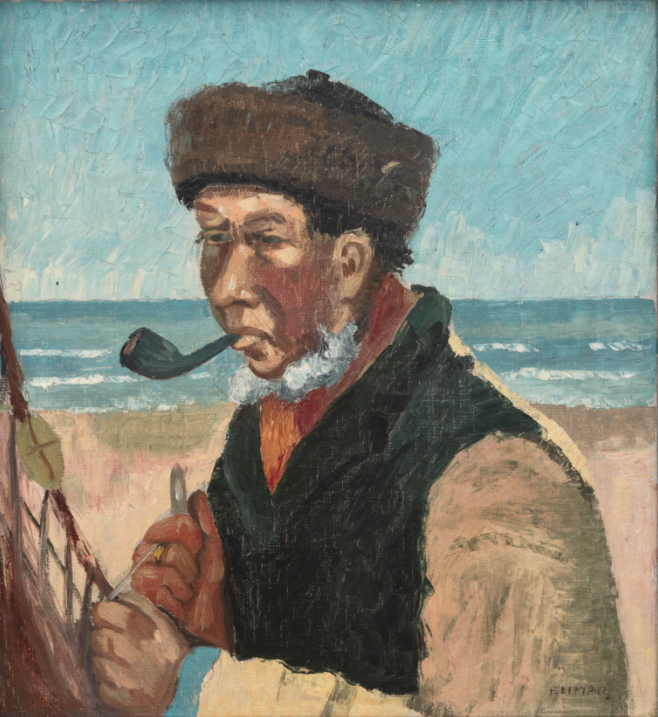 A team of experts is investigating a painting bought for under $50 at a garage sale, believing it to be an undiscovered portrait by Vincent van Gogh. The story illustrates some of the newest methods—and thorniest challenges—of authenticating art.
ATTORNEYS: Kate Lucas, Jacqueline Jakimowicz
A team of experts is investigating a painting bought for under $50 at a garage sale, believing it to be an undiscovered portrait by Vincent van Gogh. The story illustrates some of the newest methods—and thorniest challenges—of authenticating art.
ATTORNEYS: Kate Lucas, Jacqueline Jakimowicz
CATEGORIES: Art Market, Authentication, Museums, Provenance -
2024 Year in Review
01/10/2025
.png) 2024 was another exceptional year for Grossman LLP, as we advanced our decade-plus legacy of trailblazing work in the field of art law, successfully representing our clients in a variety of complex litigation and transactional matters.
ATTORNEYS: Judd B. Grossman, Kate Lucas, Jacqueline Jakimowicz
2024 was another exceptional year for Grossman LLP, as we advanced our decade-plus legacy of trailblazing work in the field of art law, successfully representing our clients in a variety of complex litigation and transactional matters.
ATTORNEYS: Judd B. Grossman, Kate Lucas, Jacqueline Jakimowicz
CATEGORIES: Art Galleries, Art Market, Provenance, Firm Update, Ponzi Schemes -
Judd Grossman Featured on The Baer Faxt Podcast At Art Basel Miami
12/12/2024
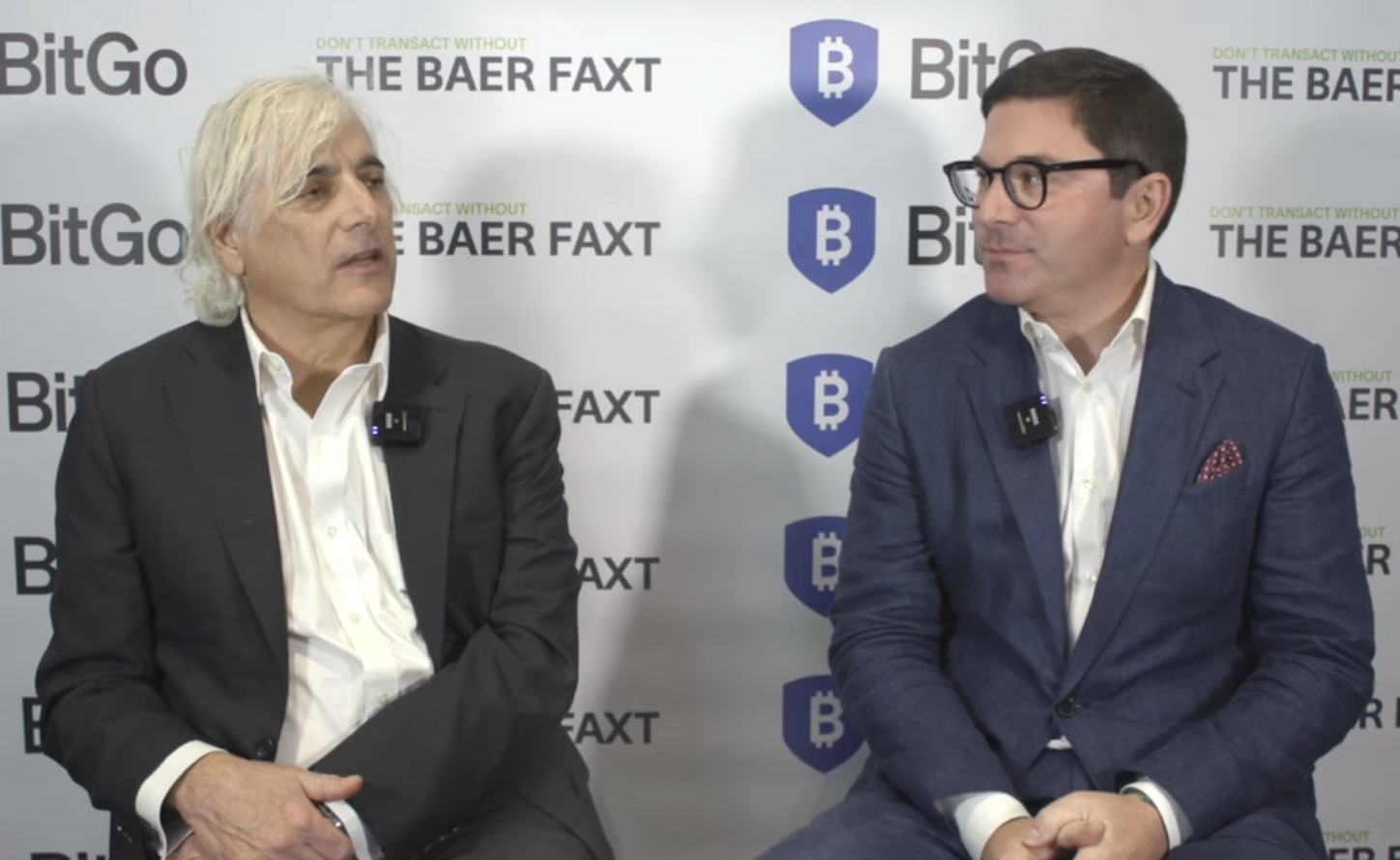 In a special segment of The Baer Faxt Live from Art Basel Miami Beach, Judd Grossman recorded live with Josh Baer from the Miami Beach Convention Center on the fair's VIP opening day.
In a special segment of The Baer Faxt Live from Art Basel Miami Beach, Judd Grossman recorded live with Josh Baer from the Miami Beach Convention Center on the fair's VIP opening day.
-
Helen Frankenthaler Foundation Dispute
Highlights Importance of Not-For-Profit Governance Issues10/28/2024.png) Last month, a New York court dismissed a lawsuit by the former president of the board of directors of the Helen Frankenthaler Foundation, in a case focused on allegations of misconduct and self-dealing by the Foundation’s board members. The court did not substantively analyze the merits of the plaintiff’s claims, but the case highlights the importance of clear and thoughtful governance procedures and standards for art-related not-for-profit organizations.
Last month, a New York court dismissed a lawsuit by the former president of the board of directors of the Helen Frankenthaler Foundation, in a case focused on allegations of misconduct and self-dealing by the Foundation’s board members. The court did not substantively analyze the merits of the plaintiff’s claims, but the case highlights the importance of clear and thoughtful governance procedures and standards for art-related not-for-profit organizations.
-
Lawsuit Over One-of-a-Kind Album Highlights Challenges Of Collecting Digital Art
08/07/2024
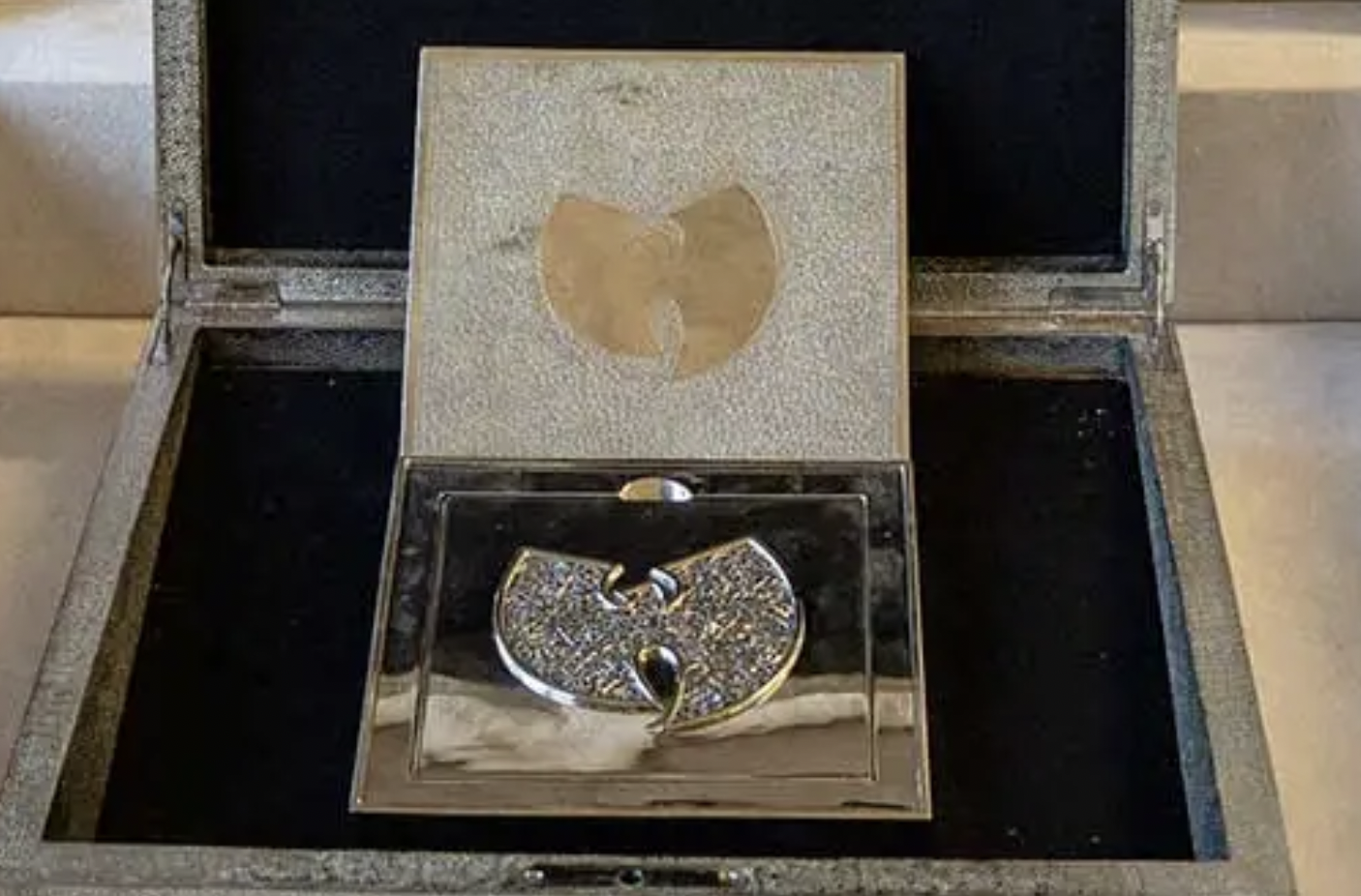 A recent dispute over a one-of-a-kind Wu-Tang Clan album highlights some of the potential challenges inherent in ownership of digital art. The suit was initiated by PleasrDAO, an international entity that collects important works of digital media, against disgraced former American pharmaceutical executive Martin Shkreli.
A recent dispute over a one-of-a-kind Wu-Tang Clan album highlights some of the potential challenges inherent in ownership of digital art. The suit was initiated by PleasrDAO, an international entity that collects important works of digital media, against disgraced former American pharmaceutical executive Martin Shkreli.
-
Attention, Art Professionals: Federal Agency Announces New Rule Aimed At Eliminating Non-Compete Agreements
05/10/2024
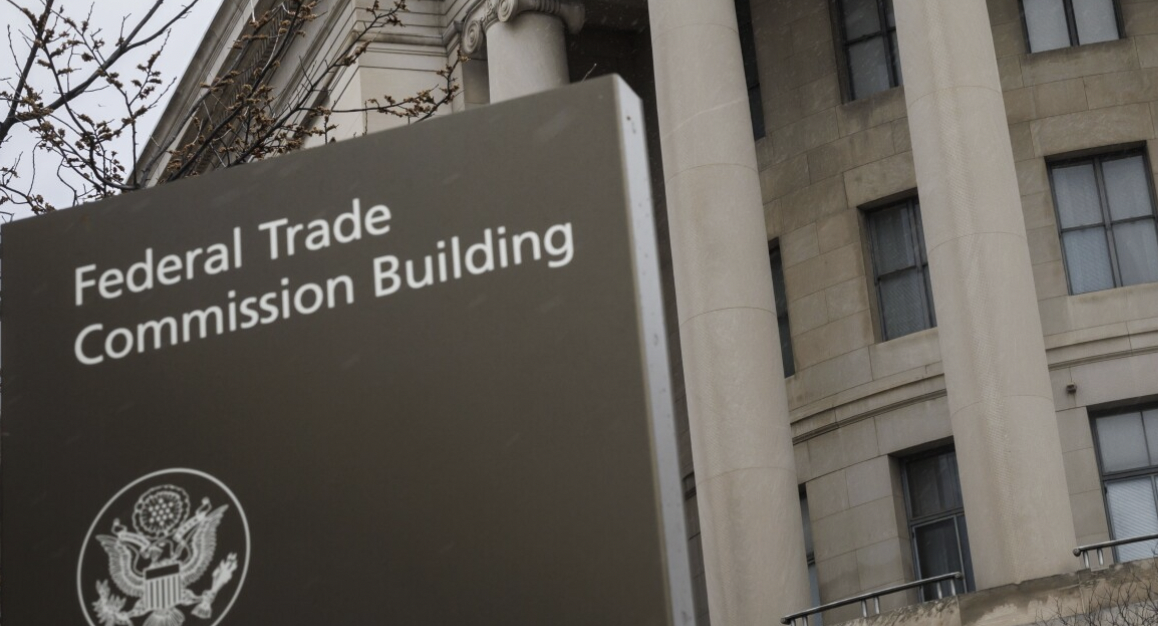 In a move that may cause ripples in the competitive art world, the Federal Trade Commission recently issued a final rule that, if it goes into effect as planned later this year, will ban most forms of non-compete agreements between employers and employees.
In a move that may cause ripples in the competitive art world, the Federal Trade Commission recently issued a final rule that, if it goes into effect as planned later this year, will ban most forms of non-compete agreements between employers and employees.
-
Art Law Year in Review
12/20/2023

This past year was an exciting one for Grossman LLP, as we continue to build on more than a decade of groundbreaking litigation in the art-law arena.
ATTORNEYS: Judd B. Grossman, Kate Lucas, Webster D. McBride
CATEGORIES: Art Market, Auction, Authentication, Fine Art, Forgeries, Provenance, Street Art, Grossman LLP, Ponzi Schemes -
Associate Maria Angela Brusco Shares Insights From Art Law Institute’s Panel Discussion About Promised Gifts
11/10/2023
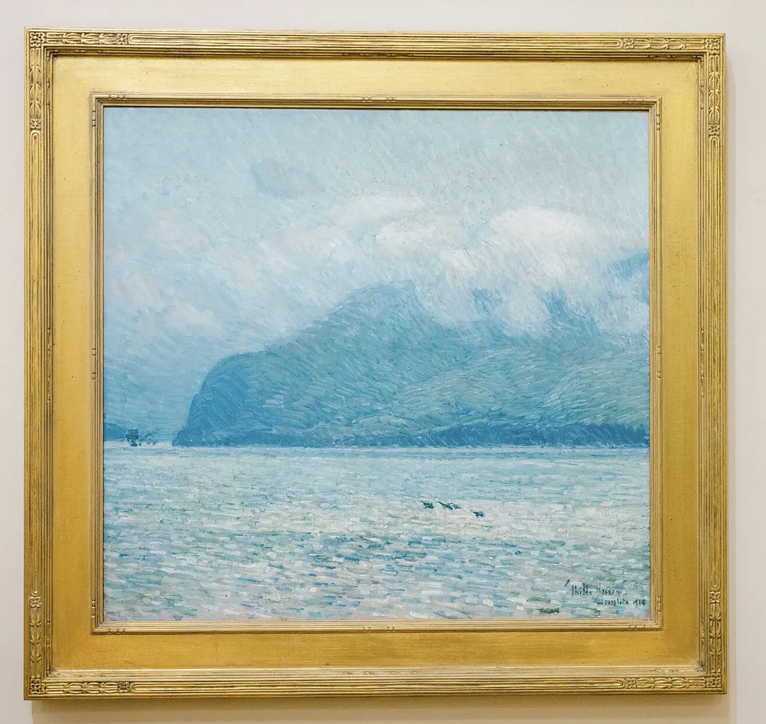 Grossman LLP associate Maria Angela Brusco recently spoke on a panel at the Art Law Institute of the New York County Lawyers’ Association (NYCLA), focusing on the legal implications of collectors’ promises to make gifts of artworks in the future. Below, she summarizes some key insights from the event.
CATEGORIES: Art Galleries, Art Market, Fine Art, Legal Developments, Museums, Contracts, Grossman LLP
Grossman LLP associate Maria Angela Brusco recently spoke on a panel at the Art Law Institute of the New York County Lawyers’ Association (NYCLA), focusing on the legal implications of collectors’ promises to make gifts of artworks in the future. Below, she summarizes some key insights from the event.
CATEGORIES: Art Galleries, Art Market, Fine Art, Legal Developments, Museums, Contracts, Grossman LLP -
Parties Dispute The Terms Of An Art Insurance Policy
In Litigation Over Destroyed Monets10/12/2023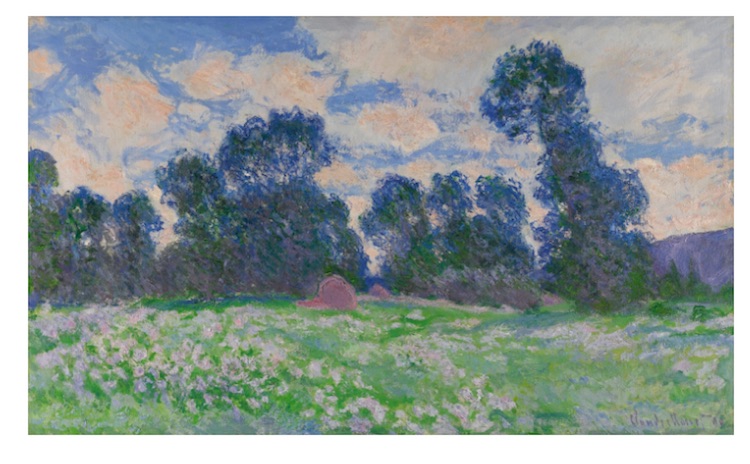 In June of 2022, on the shore of Lake Michigan, a fire destroyed the lake house of hedge fund founder Matthew Halbower and his wife Julie. Now, in a lawsuit pending in federal court, the family’s trust seeks an insurance payout for several valuable artworks destroyed in the fire, including four Monet paintings. The case highlights the complexity of insurance disputes involving fine art.
In June of 2022, on the shore of Lake Michigan, a fire destroyed the lake house of hedge fund founder Matthew Halbower and his wife Julie. Now, in a lawsuit pending in federal court, the family’s trust seeks an insurance payout for several valuable artworks destroyed in the fire, including four Monet paintings. The case highlights the complexity of insurance disputes involving fine art.
Art Law Blog
